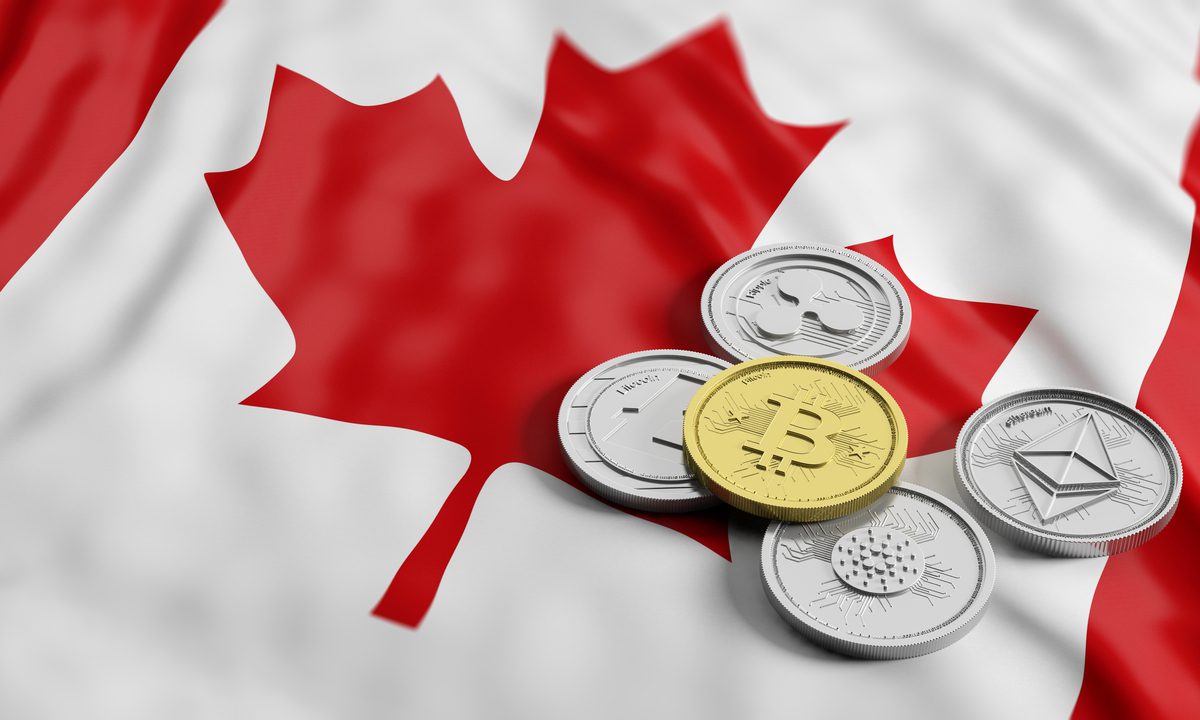
The late-January protest began with a convoy of truckers gathering in Ottawa to protest. This progressed into the “The Freedom Convoy 2022” movement which led to the relocation of Canadian Prime Minister Justin Trudeau for security reasons. In February, the situation escalated, forcing Trudeau to invoke a state of emergency last week. Adding fuel to the fire, Trudeau warned of plans to freeze the bank accounts of anti-mandate protesters. By invoking a state of emergency, the Canadian government can freeze personal bank accounts without the need for a court order.
Canadians are turning to Bitcoin and other cryptocurrencies
In response to the state of emergency, Canadians reported withdrawing money from bank accounts out of fear that assets were frozen. British business journalist James Melville released last week's bank outage charts, which reflect the increase in banking activity.
Bank failures are self-perpetuating. As more people withdraw funds, the chances of bank insolvency increase, leading to more bank withdrawals. Without government intervention, this could lead to bankruptcy at worst.
Prior to James Melville's tweet, law enforcement had ordered all regulated financial firms to stop transactions on 34 crypto portfolios linked to the financing of “The Freedom Convoy 2022”. To date, however, there has not yet been an attempt to freeze the transfer of assets from fiat to crypto.
With Canadians turning to Bitcoin (quotation BTC) and other cryptocurrencies, however, the government could put pressure on regulated exchanges to freeze crypto accounts as well. While the Bitcoin ethos of decentralization itself favors Canadians seeking to be free from the state of emergency, the regulation of cryptocurrency exchanges empowers the government.
Canada looking for a regulatory framework for cryptocurrencies
Earlier this month, the news hit the threads of a Canadian lawmaker who introduced a bill to create a regulatory framework.
Bill C-249 would require Canada's finance minister to consult designated cryptocurrency exports in each province. While a number of regulators are trying to put a stop to crypto activity, the bill aims to support the growth of the crypto sector. To achieve this, the bill seeks to ensure that lawmakers are well informed about the crypto market before making political decisions.
The bill is titled "A Law That Encourages Growth of the Cryptocurrency Industry". The bill recognizes that cryptocurrencies have significant economic and innovative potential for Canada. The purpose of the bill is to focus the policy "on lowering the barriers to entry into the sector". Furthermore, the bill aims to "protect those who work in the sector, and minimize the administrative burden".
Following the latest news and the move to cryptocurrencies, however, the Canadian government may be less willing to relax cryptocurrency regulations. Indeed, the latest protests could lead to tougher regulations, particularly if the government fails to end the protests through freezing Canadian cryptocurrency banking and trading accounts.
